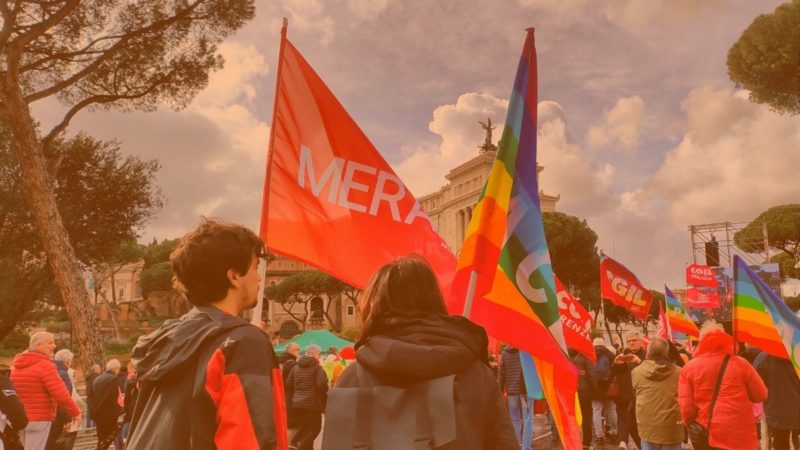While in Brazil massive wildfires are raging in the Amazonia, on the other side of the tropics, the Indonesian rain forest is also burning. As of 14 September, there were ten hotspots in the Malaysian states of Sabah and Sarawak, compared to 627 in Kalimantan (Borneo), according to the ASEAN specialised meteorological centre.
Indonesia’s national disaster agency says, there were 328,724 hectares of land burnt this year from January to August alone. As the BBC reports, “many farmers take advantage of the conditions to clear vegetation for palm oil, pulp and paper plantations using the slash-and-burn method. They often spin out of control and spread into protected forested areas”. And just like in Amazonia, this is not a local issue but a danger for everyone: our planet’s green lungs are being destroyed. “Plantation fires are becoming a global crisis“, Bloomberg says. “They need a global response.“
Nearly 1,500 schools have been closed since September 18
These wildfires have been a yearly occurrence for the past three decades. It has become such a normal phenomenon, that, meanwhile, haze is perceived as one of our seasons. Currently, the smog spreads from Borneo to Singapore and Malaysia. The air is terribly unhealthy. On September 23, Malay Mail quoted respiratory specialist Dr Helmy Haja Mydin from Pantai Hospital Kuala Lumpur: “The health risks associated with particulate matter of less than 2.5 microns in diameter (PM 2.5) are well known. These are capable of penetrating deep into lung passageways and entering the bloodstream leading to effects o n the heart, brain and lungs.“ In Malaysia 1,484 schools have been closed on September 18, “due to the worsening haze situation in the country“, Malayan New Straits Times reported.
This is literally affecting our way of life. And besides hazes, there are a multitude of environmental issues over here. Just think of illegal waste exports from Europe which make Malaysia and the Philippines the garbage dumps of Western industrial nations. We have to stop resource exploitation. A system change is needed.

On Saturday, September 21, hundreds of Malaysians joined the Global Climate Strike in their capital Kuala Lumpur. They demanded urgent governmental action against the haze and the climate crisis. Prominent activist Hishamuddin Rais addressed the crowd: “It does not matter whether it is the old or new government, you have the right to overthrow whichever government who isn’t concerned about the climate!”
Malaysia could easily replace fossil fuels with solar energy
Currently, only 2% of Malaysia’s electricity is generated by renewable energy sources, as the nation’s energy generation is still highly dependent on limited fossil fuel resources such as oil, coal and natural gas. Paradoxically, South East Asia is at the same time one of the world’s biggest producers of solar panels. “If we equip our roofs with solar, we can potentially produce more than the total electricity generated in Malaysia,“ Malaysia’s Energy, Science, Technology, Environment and Climate Change Minister Yeo Bee Yin said. She sustained that there are over 4.12 million buildings with solar rooftop potential in the peninsula. So why don’t we use this potential?
But you cannot leave your friends in the Global South alone. We are the first to bear the brunt of the climate catastrophe. Our problems are also caused by the rest of the world, mainly by industrialised nations. And we all suffer from it. Therefore, it’s more imperative than ever to establish transnational cooperation.
Malaysia and Southeast Asia/ASEAN must have their own Green New Deal and join others in their efforts. As Yanis Varoufakis and David Adler wrote in The Guardian: “It’s time for nations to unite around an International Green New Deal“.
Jacob Lim is a Malaysian student living in Kuala Lumpur and member of the Thematic DSC Peace and International Policy
Volete essere informati delle azioni di DiEM25? Registratevi qui!




